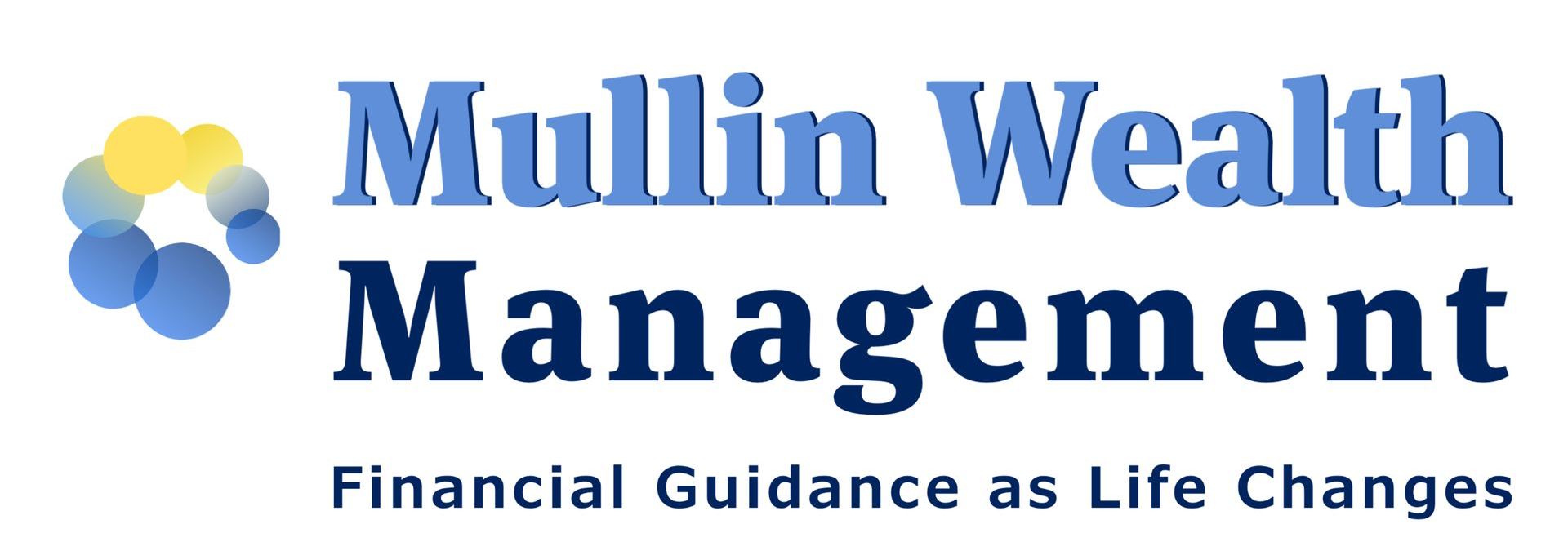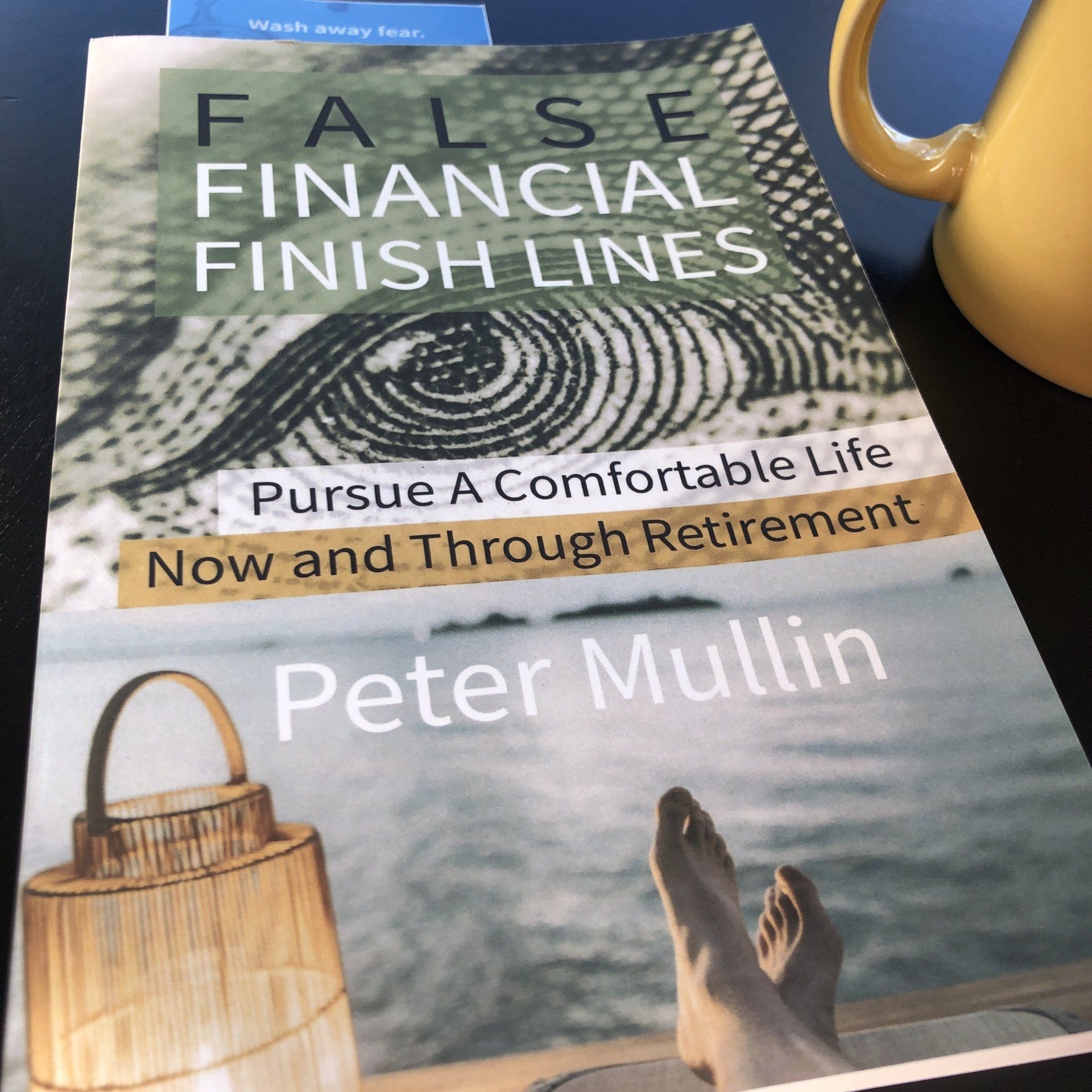How to prioritize debt
What debt should you payoff first? Should you pay off loans?

How to Prioritize Your Debt: What debt should you payoff first? Should you pay off loans?
- No matter who or what has inspired you to focus on your debt(s), the important thing is that you are aware that it affects you and your family. You want to improve your circumstances. So congratulations on seeking to improve your life!
- First, there isn’t a one-size fits all to debt payoff strategies — sorry. There are numerous strategies out there. That’s where some confusion and indecision arises.
- To quote Shakespeare’s Hamlet, "To thine own self be true.” In other words, follow a strategy that you and can commit to.
Here’s a process you can try following:
- Judge your tolerance for the debt you are assessing: How much stress does this debt cause you? How much does it affect your ability to spend and save money elsewhere? How “normal” is this debt given your circumstances? What would happen if you paid this debt off?
- Evaluate your debts/loans: How long have you had this debt? What are the minimum payments? What is/are the interest rates? How long will it take to pay off? Don’t rationalize a your debts. Look at the debt neutrally. It’s numbers.
- Evaluate your savings/checking balance: If I had a $2000 surprise bill, could I pay for it without putting that expense on a credit card?
- Examine your spending/budget: Do you typically have money left at the end of the month? Does your savings go up or down over a six month period? Can your budget afford increasing debt payments beyond the minimum payments?
- Choose your strategy:
- You can begin with your highest interest rate debt first. You generally pay minimums on your lower interest accounts and extra funds you have in a given month get directed toward the highest interest rate debt. Once this debt is paid (Awesome!), then move on to the next highest interest rate debt, and repeat the process.
%. %. %.
- You can begin by paying off your smallest balance first. You generally pay the minimum on your other accounts and extra funds you have in a given month get directed toward the smallest balance. Once this debt is paid (Alright!), then continue on to the next highest balance.
$
$$$
$$$$$
- Combo: You may decide that you only have two or three outstanding debts/loans that bother you. Maybe if you paid off these debts they would help free up your monthly money. So you may commit to a combination of paying off a small(er) balance first. Then you target your highest interest loan.
$ >>> %
When it comes to strategy you may want to discuss your personal circumstances with your financial advisor or tax advisor. If you have specific questions, please call or write me.
There are a lot of opinions out there regarding what others think you should do in regards to your debt. Remember: “To thine own self be true.” Do what works for you.
Look forward to future articles regarding paying off debt and/or investing.
Remember to be open to guidance. Debt and finances are subjective. Approach it according to your circumstances.
***
The opinions voiced in this material are for general information only and are not intended to provide specific advice or recommendations for any individual.
- Mullin's take on the "4% Retirement Rule"
- Navigate "Bad Portfolio Weather"
- Tips to Optimize Social Security





Articles and Assets
What are your Priorities?
Well it’s the end of the year. I just searched on Google for “market outlook 2018.” I came up with a little over 58-million “results.”
So should you be investing in stocks in 2018? The quick answer: It’s likely a prudent part of your portfolio. But it depends on your circumstances, right?
It’s apparently popular to throw your hat in the ring.
A mantra that you hear among disciplined professionals is to “stay the course.”
Then you hear “sell high, buy low.”
Who’s right?
The relief of a disciplined strategy is that it can be tailored to you. And tailor we think you should.
Yes, it’s possible that an investor may not utilize stocks in their portfolio at all. Or you may decide to go “all in” with a diversified stock portfolio.
(Side effects from tailoring a strategy may include increased confidence & persistence, apathy toward daily market reports, and increased focus on what really matters.)
Let’s begin with the “Why” of investing for you. Then you can request 15-minutes on the phone discuss your “how.”
So “Why Should You Invest”
Life changes and our “why” of investing ought to transform with life. Some invest for sport – they like the risk/reward of investing – they’re in it for the thrill. I don’t hang with this crowd.
Most of us ought to invest for things we want. Our money & our goals are serious. By investing in a diversified portfolio we can pursue things we want.
1. Living A Comfortable Retirement: Retirement is a noun. It’s up to you to really design and live a retirement that reflects you.
2. Purchasing a Home: Home is a place to live. It can take a down payment.
3. Passing an Inheritance on to Family:
4. Student Loan Shield: This idea is important for many Millennial graduates. Student loans can dominate your budget. But instead of accelerating those payments, what if you paid your required payments, and then invested the additional money that you were going to pay against your loan balance?
5. Emergency Reserves: You probably have read that it’s prudent to keep a relative healthy amount of cash in your checking/savings. Once you’ve achieved that, then you can consider investing additional funds. Go a step further and consider a non-retirement account for you and your house. You can spend this on cars, vacations or use it just as described in #4.
The Dow Jones has seen positive results, so far, in 2017. It’s unusual and sort of uncomfortable as the independent financial advisor. Why is it uncomfortable?
What would sting & linger longer? Finding $20 in the parking lot? Or finding a $20 parking fine on your windshield?
We’ve been finding a lot of metaphorical “$20’s” (i.e. “positive results”) in our portfolios this year. So the second we find a parking fine (or a few in a row) we’ll be sure to ask if stocks are still the right place to park our money.
Complacency can work against us, Dear Clients. Just keep recalling your long-haul strategy and your “why” of investing.
***
Peter Mullin is an independent financial advisor registered through LPL Financial. He lives in Rogers, MN with his family. He was born and raised in St. Cloud, MN. Mullin Wealth Management is located in Waite Park, MN.
The opinions voiced in this material are for general information only and are not intended to provide specific advice or recommendations for any individual.
Investing involves risk including loss of principal.
There is no guarantee that a diversified portfolio will enhance overall returns or outperform a non-diversified portfolio. Diversification does not protect against market risk.
All performance referenced is historical and is no guarantee of future results.
All indices are unmanaged and may not be invested into directly. No strategy assures success or protects against loss.









